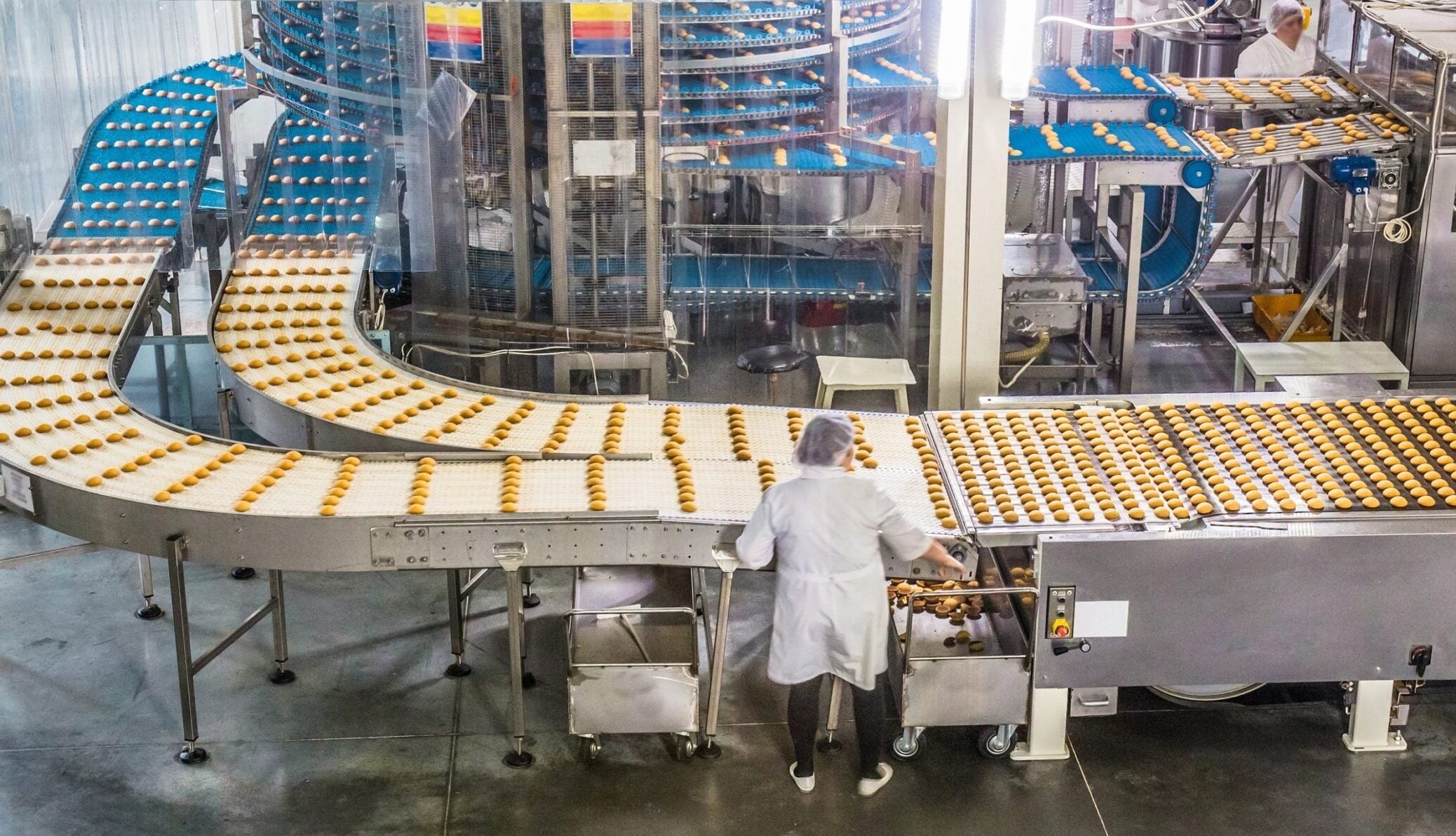In today's conscientious customer landscape, the need for fairly sourced and also lasting items has actually risen. Private label food manufacturers have actually emerged as trendsetters in this domain name, typically working together with contract food makers to spearhead sustainability and also accountable sourcing efforts. With a tenacious dedication to environmental values, exclusive label brands have actually made it their mission to provide sustainable, top quality alternatives to consumers.
Private Label Food Manufacturers
Over the last few years, private label food manufacturers, also known as very own brand names or store brands, have actually experienced an exceptional surge in appeal. These suppliers generate products offered under the logo of a store, grocer, or personal entity. What collections private-label items apart is their capability to use competitive rates without jeopardizing on top quality.
Agreement Food Manufacturers
Several private-label food manufacturers sign up with forces with contract manufacturers to create their product lines. Agreement food manufacturers are professionals in creating food products for private tags. This calculated collaboration enables exclusive label firms to use private label cheese the experience, sources, as well as devoted food production centers of their partners.
Sustainability at the Core
Private label food manufacturers utilize different techniques to improve sustainability within their supply networks:
Ethical Sourcing:
Personal label companies are progressively devoted to sourcing components according to honest and also reasonable profession criteria. This involves making sure that producers and also employees of basic materials, such as coffee beans, flavors, or cacao, obtain reasonable settlement for their initiatives.

Local Sourcing:
Prioritizing regional sourcing of components is another trademark of private-label food manufacturers. This not just minimizes the carbon footprint associated with transportation but also supports neighborhood farmers and also communities.
Organic Contents:
With the organic food market increasing, exclusive tags are reacting by integrating natural ingredients into their product. Organic farming practices prioritize soil wellness while avoiding artificial chemicals and plant foods.
Lasting Seafood:
Private Label Food Manufacturers are persistent in ensuring that the seafood they use is sustainably gathered, adhering to standards set by organizations like the Marine Stewardship Council, which promotes accountable angling.
Reduced Food Waste:
Personal label business are proactively working on reducing food waste by applying efficient manufacturing procedures and creating products with longer shelf lives. Some brands are additionally partnering with food rescue companies to contribute excess food to those in need.

Eco-Friendly Packaging as well as Efforts
Sustainability efforts by private-label food manufacturers expand beyond sourcing components to include packaging and environmentally friendly initiatives:
Lasting Packaging:
Personal label brand names have actually embraced eco-friendly packaging options, consisting of recyclable, biodegradable, or compostable materials. Revamping packaging to minimize excess product and also minimize environmental effect is a top concern.
Waste Reduction:
To lessen wastefulness, private-label food producers enhance item dimensions, decrease excess product packaging, as well as check out cutting-edge packaging solutions. Some brands also encourage clients to participate in reusing programs.
Power Efficiency:
Many exclusive label manufacturers are buying more energy-efficient production plants, lowering water usage, as well as adopting renewable resource sources to additionally reduce their environmental footprint.
Carbon Neutral Initiatives:
Some personal brand name food manufacturers are taking ambitious steps to attain carbon neutrality by offsetting their greenhouse gas exhausts with reforestation jobs and renewable energy credits.
Obstacles and also the Road Ahead
In spite of the significant strides made in sustainability and responsible sourcing, private-label food makers deal with difficulties. Balancing sustainability with cost-effectiveness can be a fragile act, occasionally requiring compromises on lasting ingredients or the expedition of green alternatives.
Nevertheless, the future of private-label food manufacturing holds terrific pledge. As consumer awareness as well as need for sustainable items remain to increase, private-label brand names and also their agreement food manufacturing partners are likely to intensify their initiatives. Partnership with suppliers as well as financial investment in sustainable technical advancements as well as transparency will be crucial in shaping a sustainable future for the sector.
Often Asked Inquiries
Q1: What are private label food manufacturers?
Private label food manufacturers create items sold under the logo design of a retailer, grocer, or exclusive entity. They supply competitively priced items without compromising on high quality.
Q2: Just how do private label food manufacturers promote sustainability?
Private label food manufacturers promote sustainability via moral sourcing, neighborhood component purchase, using natural active ingredients, lasting fish and shellfish methods, and initiatives to lower food waste.
Q3: What green packaging alternatives do personal label brand names utilize?
Exclusive label brands adopt environmentally friendly product packaging options such as recyclable, naturally degradable, or compostable materials. They additionally revamp product packaging to lessen excess material and also minimize ecological influence.
Q4: What challenges do private label food manufacturers face in sustainability efforts?
Stabilizing sustainability with cost-effectiveness is a major difficulty for private label food manufacturers. This might call for compromises on lasting ingredients or the exploration of environmentally friendly options.
Conclusion
Private label food manufacturers are at the center of the sustainability and liable sourcing motion within the food industry. Their commitment to moral sourcing, local purchase, natural ingredients, and lasting methods, as well as their devotion to green product packaging as well as waste reduction efforts, show their determination to fulfill the demands these days's eco-conscious consumers.
Despite the obstacles they encounter, private label food manufacturers are positioned for a promising future. With consumers progressively prioritizing sustainability, the industry is likely to witness even greater collaboration with providers, investment in lasting modern technologies, and a commitment to transparency. As we move forward, private label food manufacturers will remain to play a crucial duty in shaping an extra sustainable as well as ethical food landscape for all.